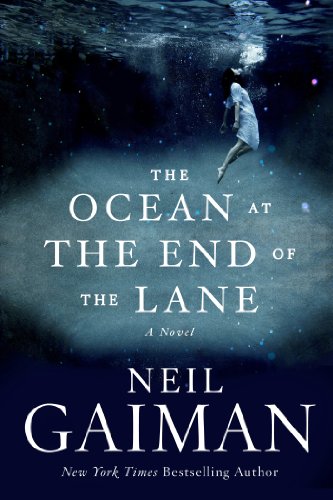
As ebooks continue to rise in popularity, ominous rumblings are coming out of mainstream publishing houses, predicting the imminent death of the paperback. But do those publishers have a hidden agenda for wanting to advance this notion? Maybe, and as usual, it’s all about the money.
From a Slate article published on that site yesterday:
The 2012 BookStats survey (one of the more reliable metrics of book-format sales industry-wide) revealed that 2011’s e-book net sales were double those of 2010.
The recently released 2013 BookStats report observes “an even more widespread popularity of e-books than in past years,” noting that e-book sales have grown 45 percent since 2011 and “now constitute 20% of the trade market.” Meanwhile, according to Publishers Weekly, between 2011 and 2012 the number of trade paperbacks sold fell by 8.6 percent, and total mass-market paperback sales fell by a whopping 20.5 percent.
But there are many who believe reports of the paperback’s death have been greatly exaggerated—or just plain invented. Gerry Donaghy, book buyer at the largest indie bookseller in the U.S., Powell’s in Portland, Ore., says that the major publishers have a compelling reason to perpetuate a paperbacks-are-dying narrative, for one simple reason: because paperbacks are the most common books to be bought secondhand.
A paperback copy of, say, Eat Pray Love can be sold and resold ad infinitum, thanks to Amazon and your local used book store. But for multiple people to read that same book on a Kindle or Nook, each of them has to buy it for $10. And if last spring’s Capitol Records court victory—which found that MP3 files can’t be resold—is any precedent, eBooks will likely retain their value in a similar way.
Read the full article on Slate.

I own a Kindle Fire and also have 4 large bookcases full of books. I have over 4,000 books on my Kindle and add more all of the time. Yet I still continue to buy books (both hard cover & paperback.) There are pros & cons for both. E-books are good for the environment, (fewer trees being cut down for paper, etc.), and they take up less space in the home, and with so many free and inexpensive ones on the web, they are less expensive to own. E-books do not deteriorate and many can be loaned one time. You can borrow from the owners lending library, with a Prime Membership from Amazon, (one per month, but there are other perks that come with membership). Libraries are starting to loan E-books and updating can be done electronically instead of a new printing
I don’t foresee printed material going away anytime in the near future, but I do think all books, magazines, newspapers, etc. will eventually go electronic.